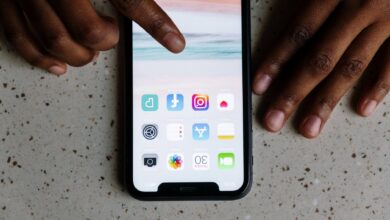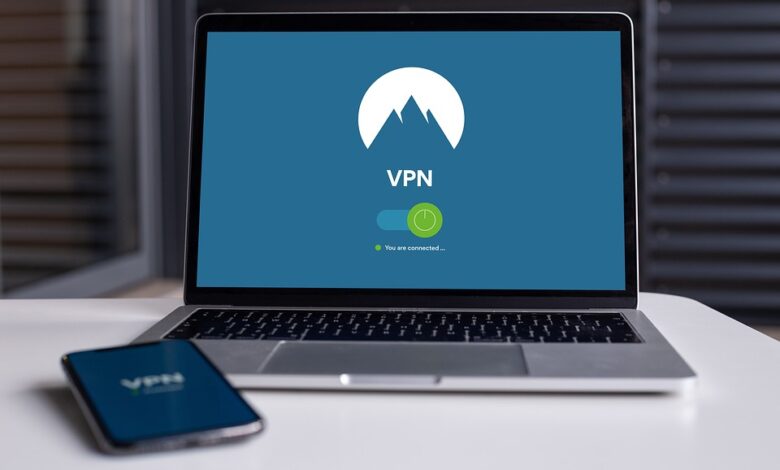
8 Good Reasons Why You Need a Virtual Private Network
Technology has made the world a smaller place. People from all corners of the globe can communicate easily and effectively. However, along with the many advantages that technology has brought us, there are also some disadvantages. One of these disadvantages is that our personal information is now more accessible to others than ever before.
If you’re not careful, it’s easy for someone to gain access to your personal information online. This is why having a virtual private network (VPN) is crucial. A VPN encrypts your data and provides you with a secure connection to the internet. Here are eight good reasons why you need a VPN:
1. Access Blocked Websites
There are a lot of websites that are blocked in certain countries. This can be for political reasons or because the website contains offensive or illegal content. However, there are ways to access these websites. One of these ways, according to VPNBrains, is using a virtual private network (VPN). Especially when playing casino games, which are currently blocked in some countries.
A VPN encrypts your data and routes it through a server in another country. This makes it look like you’re accessing the internet from that other country, which can bypass censorship filters. For example, if you’re trying to access a website blocked in your country, you can use a VPN to connect to a server in another country where that website is not blocked. This will allow you to access the website without any problems.
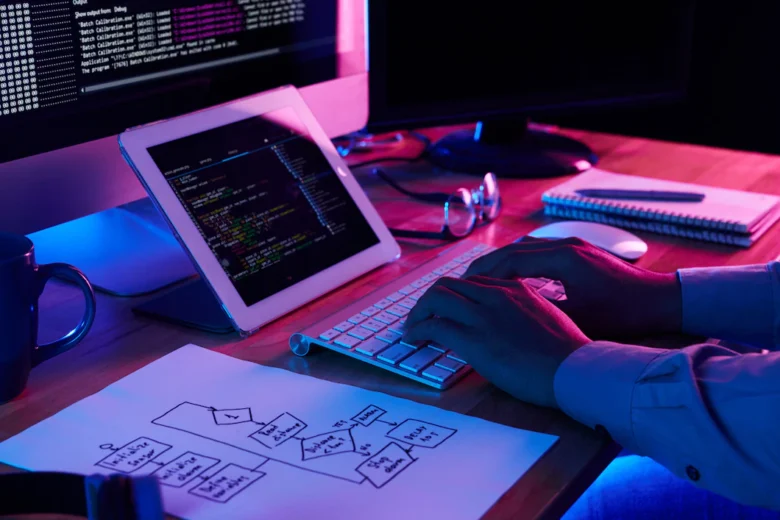
2. Keep Your Data Private
When you go online, you share a lot of personal information. This can include your name, phone number, email address, and credit card number. It’s essential to keep this information private; the best way to do that is by using a virtual private network (VPN). A VPN encrypts your data and provides you with a secure connection to the internet.
When you’re using a VPN, your data is protected from hackers and identity thieves. In addition, a VPN keeps your browsing history private. This means that websites you visit won’t be able to track you or gather information about what you’re doing online.
3. Bypass Censorship
The government blocks certain websites or restricts what people can see online. This can be a huge problem if you want to access information that’s blocked or if you need to use the internet for work or school.
A virtual private network (VPN) can help get around censorship restrictions by encrypting your traffic and routing it through a server in a different country. This makes it look like you’re accessing the internet from that other country, which can bypass censorship filters.
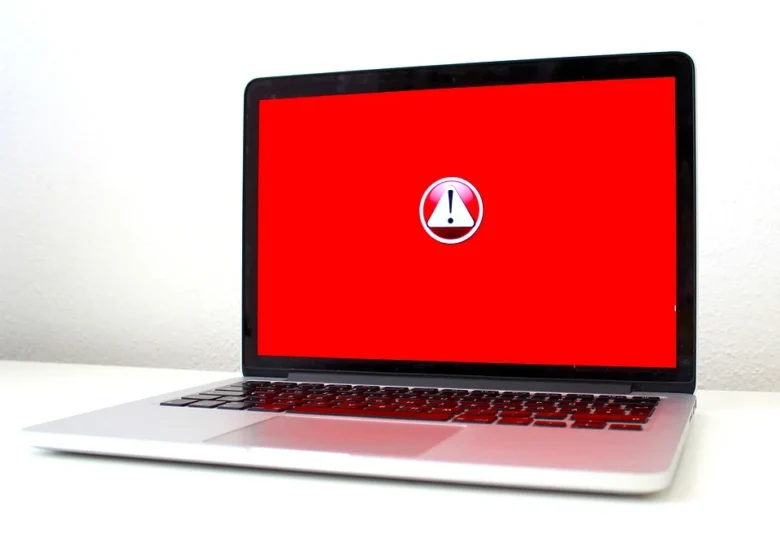
4. Avoid Geotargeting
Websites often use geotargeting to deliver content that is relevant to your location. For example, if you’re searching for a restaurant in New York City, the results you see will be different from the results someone in Los Angeles would see. While this can be convenient, it also means that your personal information is being shared with websites.
If you don’t want websites to know your location, you can use a virtual private network (VPN). A VPN encrypts your data and provides you with a secure connection to the internet. This means that websites won’t be able to track you or gather information about where you’re located. In addition, a VPN can also help you bypass censorship and access any website you want, regardless of where you are located.
5. Protect Your Identity
When you go online, you share a lot of personal information. This can include your name, phone number, email address, and credit card number. It’s important to keep this information private; the best way to do that is by using a virtual private network (VPN). A VPN encrypts your data and provides you with a secure connection to the internet.
When you’re using a VPN, your data is protected from hackers and identity thieves. In addition, a VPN keeps your browsing history private. This means that websites you visit won’t be able to track you or gather information about what you’re doing online.
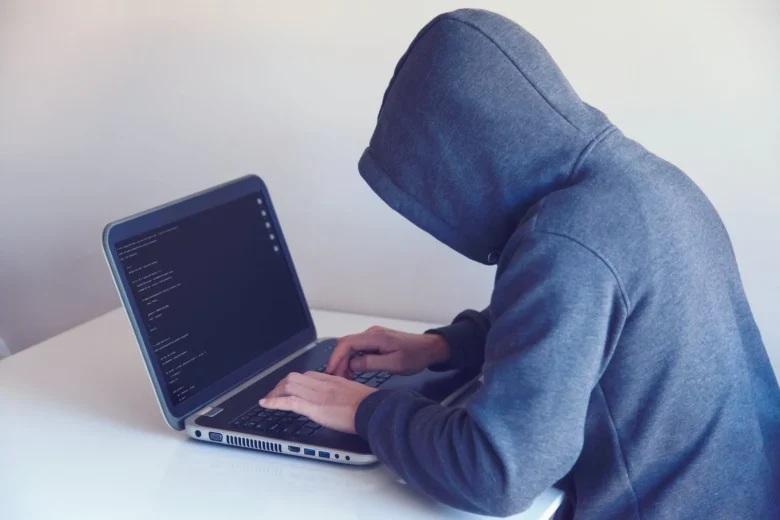
6. Stay Safe on Public Wi-Fi
Every other day, there’s a new story in the news about someone getting hacked while using public Wi-Fi. You might think you’re safe because you only use your phone to check email or look up directions, but even those activities can leave you vulnerable if you’re not careful.
Public Wi-Fi can be a great way to save on data costs, but it’s important to stay safe. A virtual private network is the best way to protect your data, and several affordable options are available. So next time you need to check your email or look up directions while out and about, make sure you use a VPN to keep yourself safe.
7. Beat Location-Based Streaming Restrictions
If you’ve ever tried to watch a video on YouTube or Netflix only to be told that it’s not available in your country, you know the frustration of location-based streaming restrictions.
Fortunately, there’s a way to get around these restrictions. A virtual private network (VPN) can help you bypass censorship and access any website you want, regardless of location. Connecting to a server in another country can trick websites into thinking you’re located in that country. This will allow you to access any content that is usually restricted based on location.
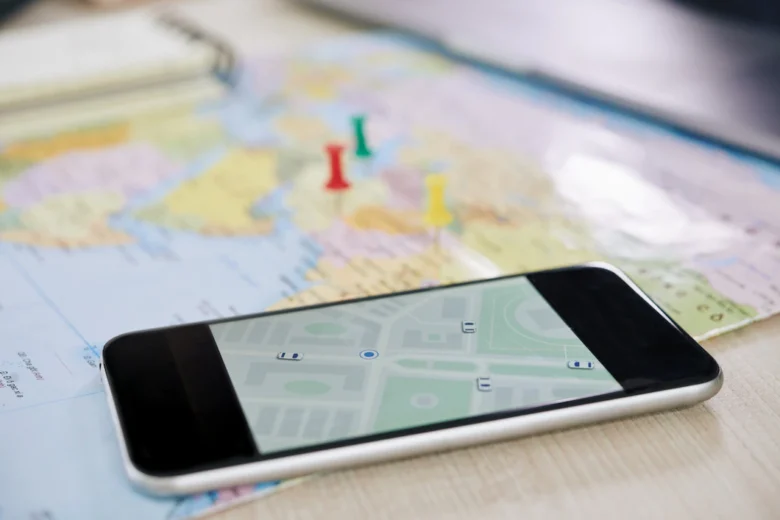
8. Save Money on Flights and Hotels
You might not know this, but the price you pay for flights and hotels can be affected by your location. Airlines and hotels use dynamic pricing, meaning prices can change based on demand.
You can use a VPN to search for the best deals if you’re flexible with your travel dates. Connecting to a server in another country can trick websites into thinking you’re located in that country. This will allow you to access prices commonly only available to people in that location.
If you’re not using a VPN, you should be. A VPN will protect your data and give you peace of mind whenever you connect to a public Wi-Fi network. Several great options are available, so there’s no excuse not to use one. Stay safe out there.


